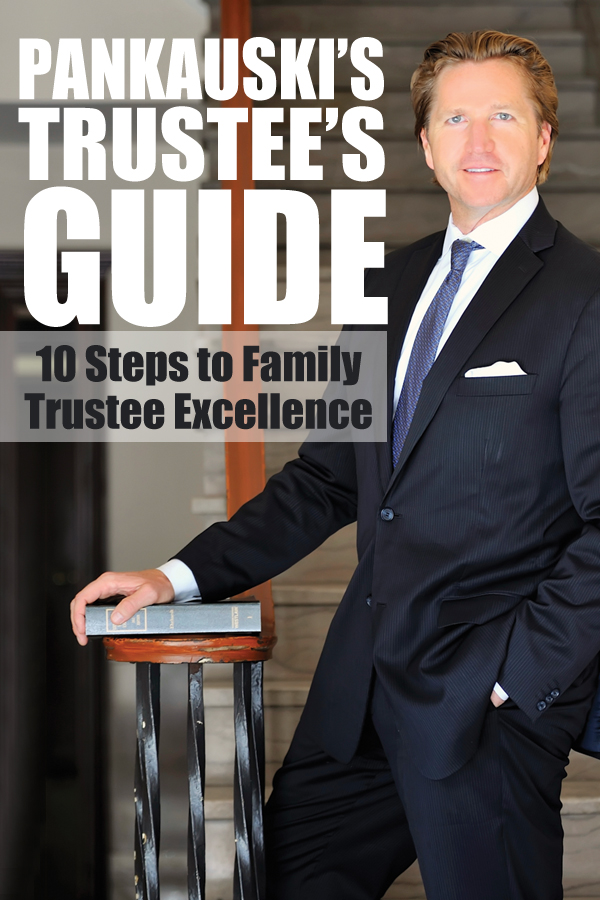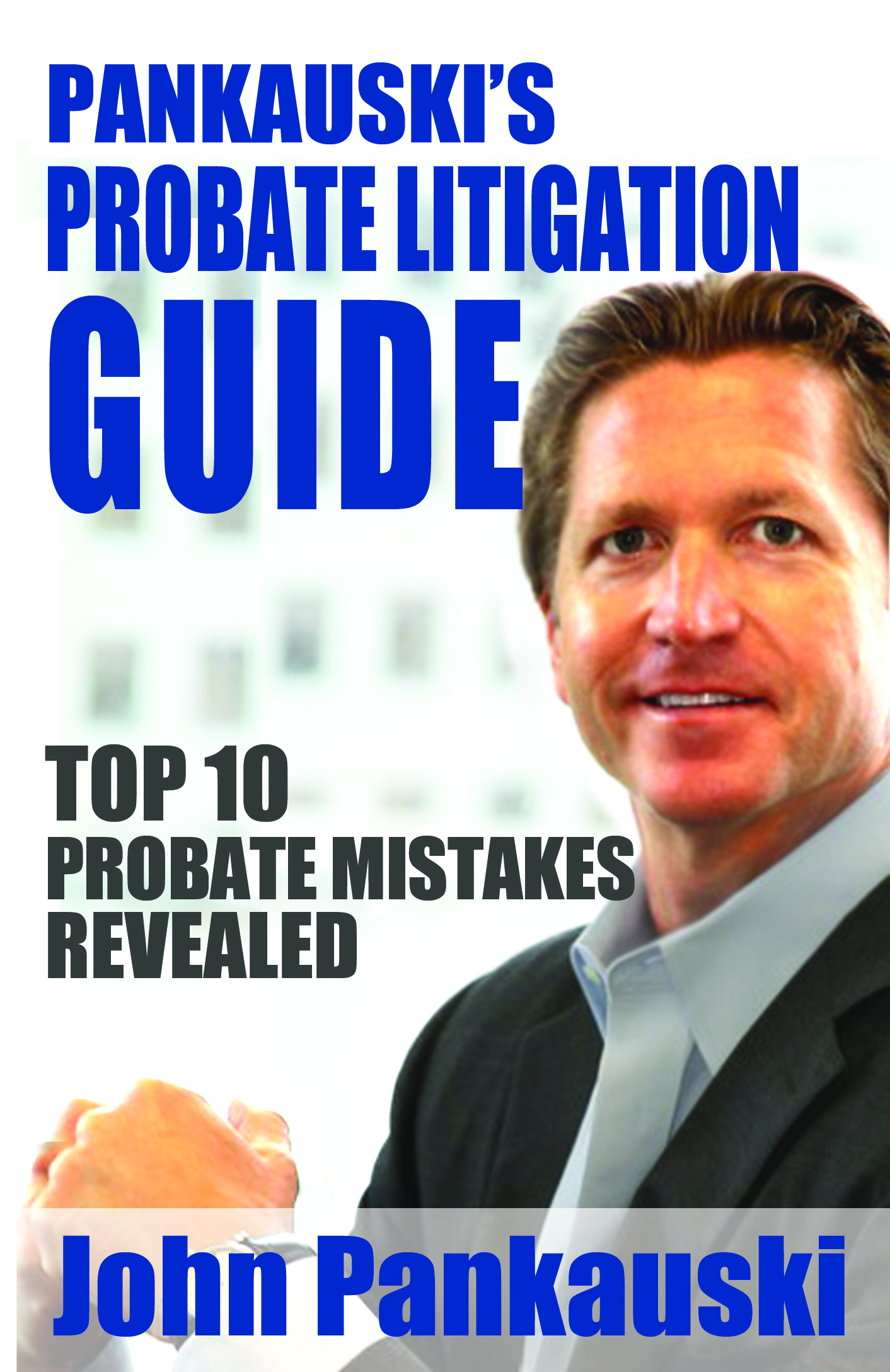
Are you suing a trustee individually? Most trust beneficiaries want to know what their rights are when a trustee behaves badly. We have previously written about REMOVING A TRUSTEE and SUSPENDING A TRUSTEE. When should you sue a trustee both individually and as trustee of a trust in Florida? Suing a person who happens to be serving as a trustee is different than suing that person in his or her capacity as trustee. If a Florida Probate Court surcharges your trustee or finds there are damages, that trustee may have to pay personally and not from trust funds. Florida Trustee Duties Under the Florida Trust Code, a trustee has the following duties: Duty to Administer the Trust in good faith and accordance with its purposes and the Florida trust code. Duty of Loyalty. A trustee cannot engage in self dealing for its own advantage of profit, it must be loyal to the trust and beneficiaries. The trustee violates the duty of loyalty any time a transaction is entered for the trustee’s own advantage or benefit. These are general voidable by the court. Duty of Prudence. The trustee must administer the trust as a prudent person would after considering the purpose of the trust, its terms, what the circumstances of the trust and market are etc. The trustee also cannot incur unreasonable expenses. Duty of Special Skills means that a trustee with special skills will be held responsible to utilize those skills. For example, if a person serves as a trustee who is a lawyer or accountant, that person will be held to a […]







